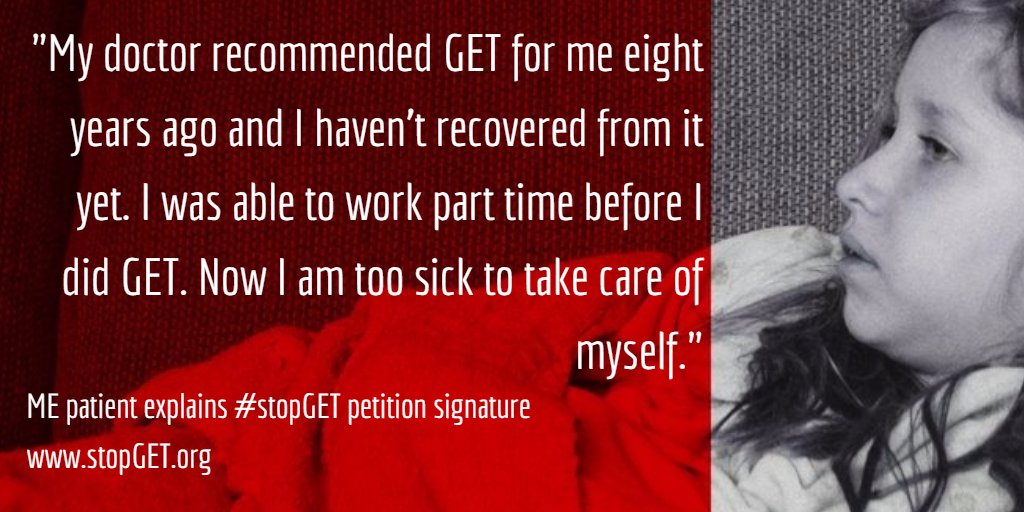Do graded activity therapies cause harm in chronic fatigue syndrome?
Tom Kindlon
Journal of Health Psychology
DOI: 10.1177/1359105317697323 | First Published March 20, 2017
Abstract
Reporting of harms was much better in the PACE (Pacing, graded Activity, and Cognitive behavioural therapy: a randomised Evaluation) trial than earlier chronic fatigue syndrome trials of graded exercise therapy and cognitive behavioural therapy.
However, some issues remain.
The trial’s poor results on objective measures of fitness suggest a lack of adherence to the activity component of these therapies.
Therefore, the safety findings may not apply in other clinical contexts.
Outside of clinical trials, many patients report deterioration with cognitive behavioural therapy and particularly graded exercise therapy.
Also, exercise physiology studies reveal abnormalities in chronic fatigue syndrome patients’ responses to exertion.
Given these considerations, one cannot conclude that these interventions are safe and risk-free.


